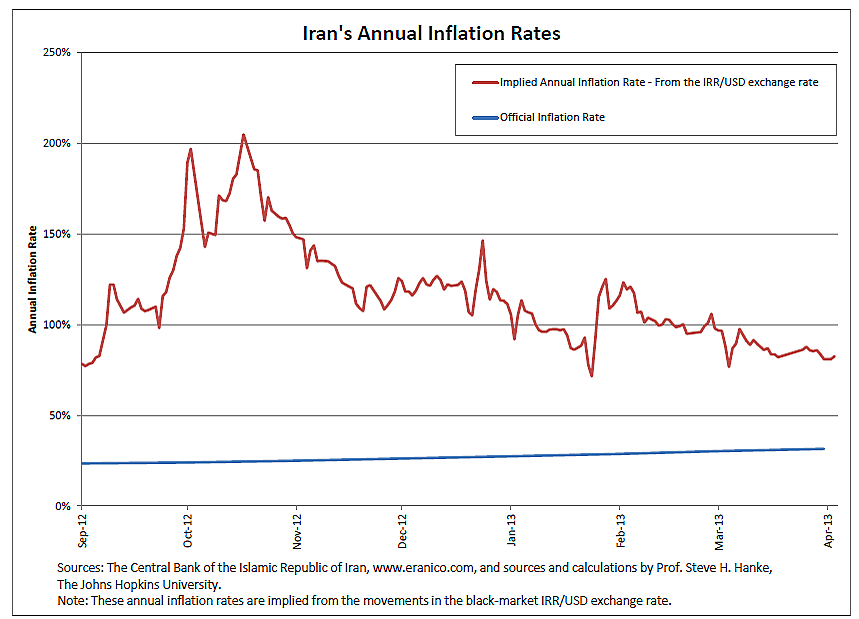I must have hit a nerve, judging from the tone of Romesh Ponnuru’s response to my critique of his recent Bloomberg column, where he argued that the Supreme Court’s role in protecting freedom has been vastly exaggerated. He calls “bizarre” my charge that in arguing his point he was “selective” in his review of Supreme Court history – “as though it were possible for it to be anything else.” Please, I was hardly asking him to recite the whole of Supreme Court history, but merely to honestly exercise his critical faculties. In politics as in science, a thesis is tested not simply by selecting corroborating evidence, as Ponnuru did, but evidence that calls the thesis into question, precious little of which he adduced. Had he done so, his thesis would have come up short.
And it’s not simply the libertarian rulings of the modern Court that call Ponnuru’s thesis into question. Thus, he misreads the history of our first seven decades because he misreads the Court’s seminal 1803 decision in Marbury v. Madison as standing for “a kind of judicial self-restraint” (admitting to being in the minority in that view). In truth, the decision was a bold assertion by the Court, grounded in the text of the Constitution, of having the power to declare its own power limited by the Constitution, thereby implying that the political branches were similarly limited. And that is the principle that explains why we enjoyed such freedom as we did during our first seven decades. It was not from “judicial restraint” – from judicial deference to the political branches, as Ponnuru would have it – but from respect for constitutional limits on the power of each of the branches, as secured by the Court.
Turning to the modern era, however, it’s difficult to tell what Ponnuru’s point is when he writes that he used Brown v. Board of Education “as a stand-in” for the several libertarian decisions I cited – many more of which I could have cited, covering everything from religious liberty to school choice, property rights, criminal procedure, and far more. But truth to tell, the reason Ponnuru cited Brown originally was not as a stand-in for those many decisions, as he now says. It was because Brown “is central to that [judicial] story, the shining example of how the court has broadened our constitutional guarantees.” And that’s just the “story” he wants to scuttle.
Why, especially since the evidence of the Court’s having so often stood against political tyranny is so overwhelming? Not that it has always done so, mind you: As I wrote originally, “both the political and the nonpolitical branches have played their parts in protecting freedom” – and scuttling it, I might add. But on balance we’ve been far better served by having than by not having an independent judiciary, as a look around the world will attest.
So we come, again, to the main reason Ponnuru is advancing his less than credible thesis that, as his original title said, the Court is “no friend of freedom.” He believes “that our history does not give us reason to refrain from considering proposals to reduce judicial power.” What exactly does he have in mind there? He chides me for citing Madison in defense of the courts. Perhaps his insights on these matters are keener than Madison’s. We’d like to know what he’s proposing, not least because it undermines the Madisonian structure that has served us so well – not perfectly, but tolerably well.
